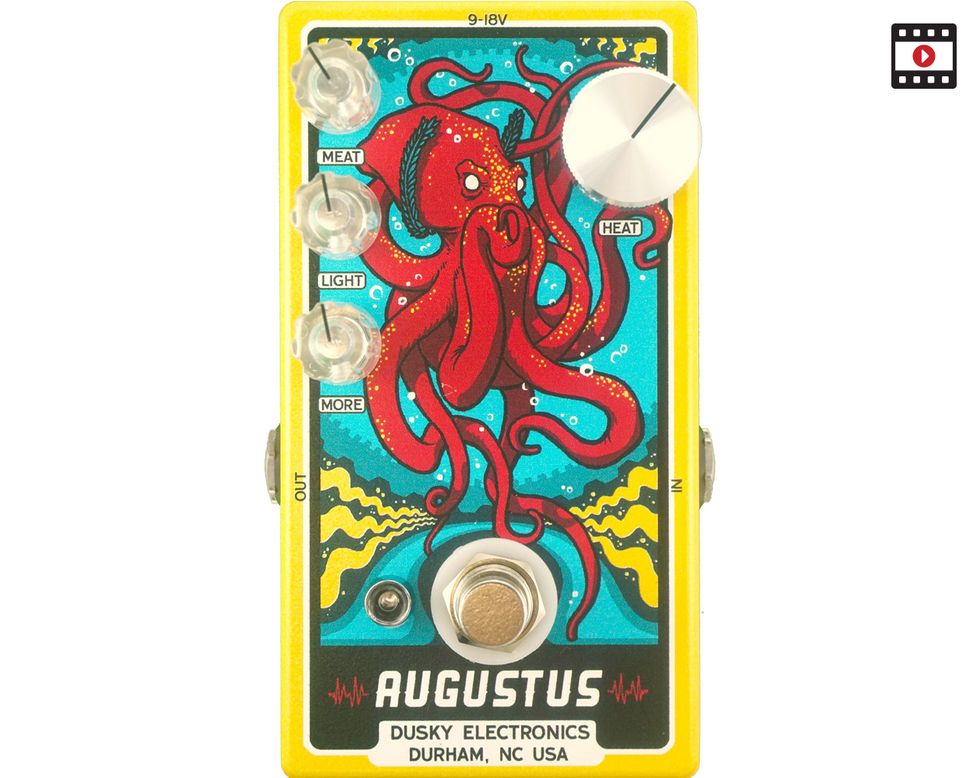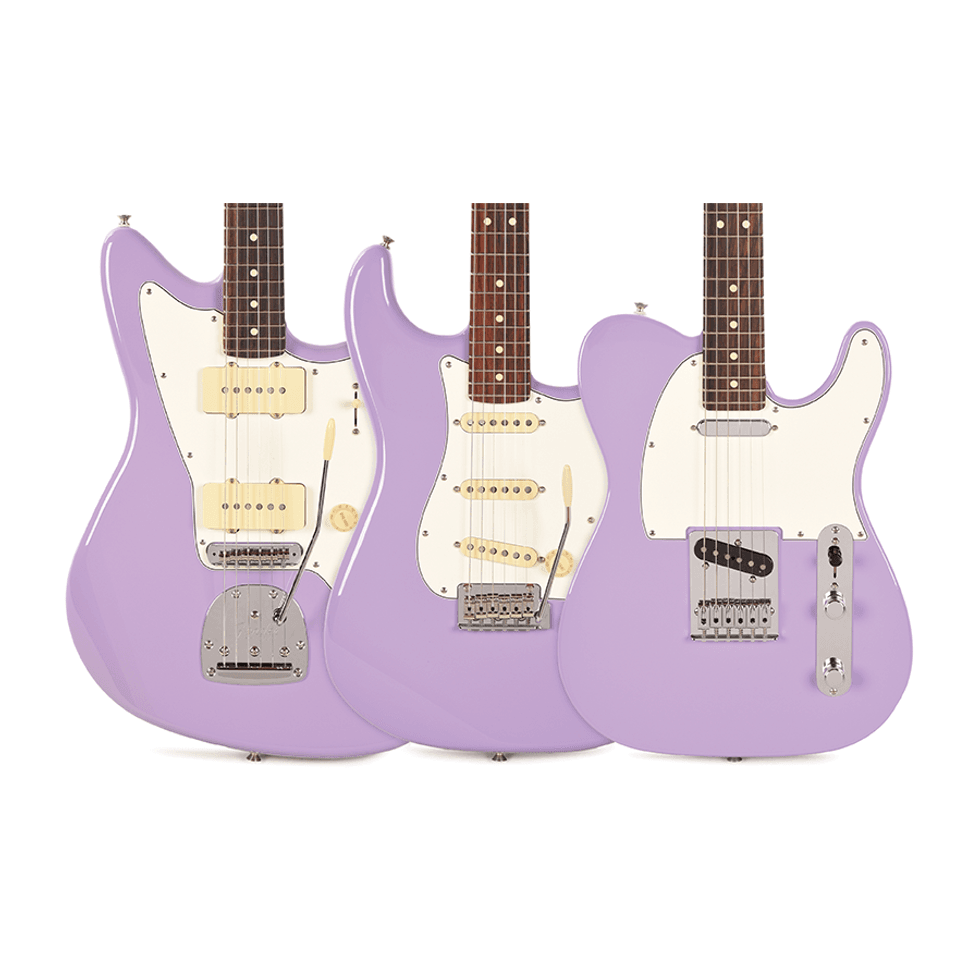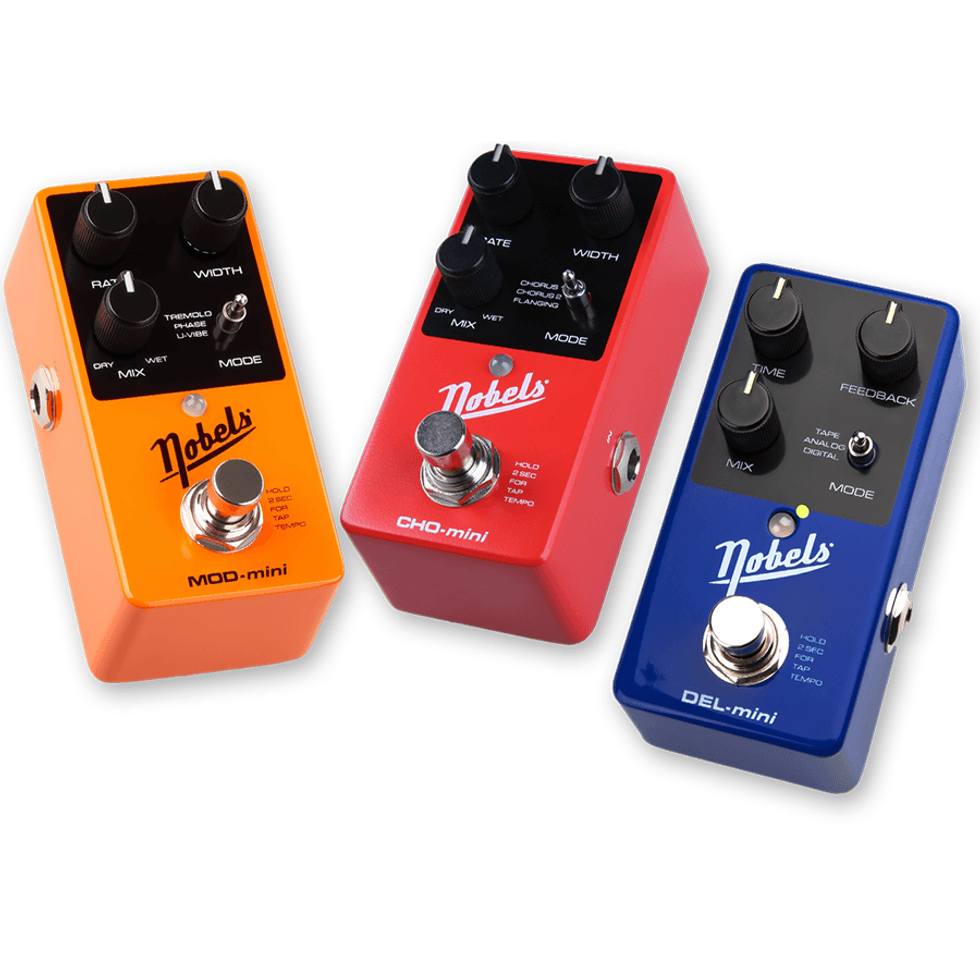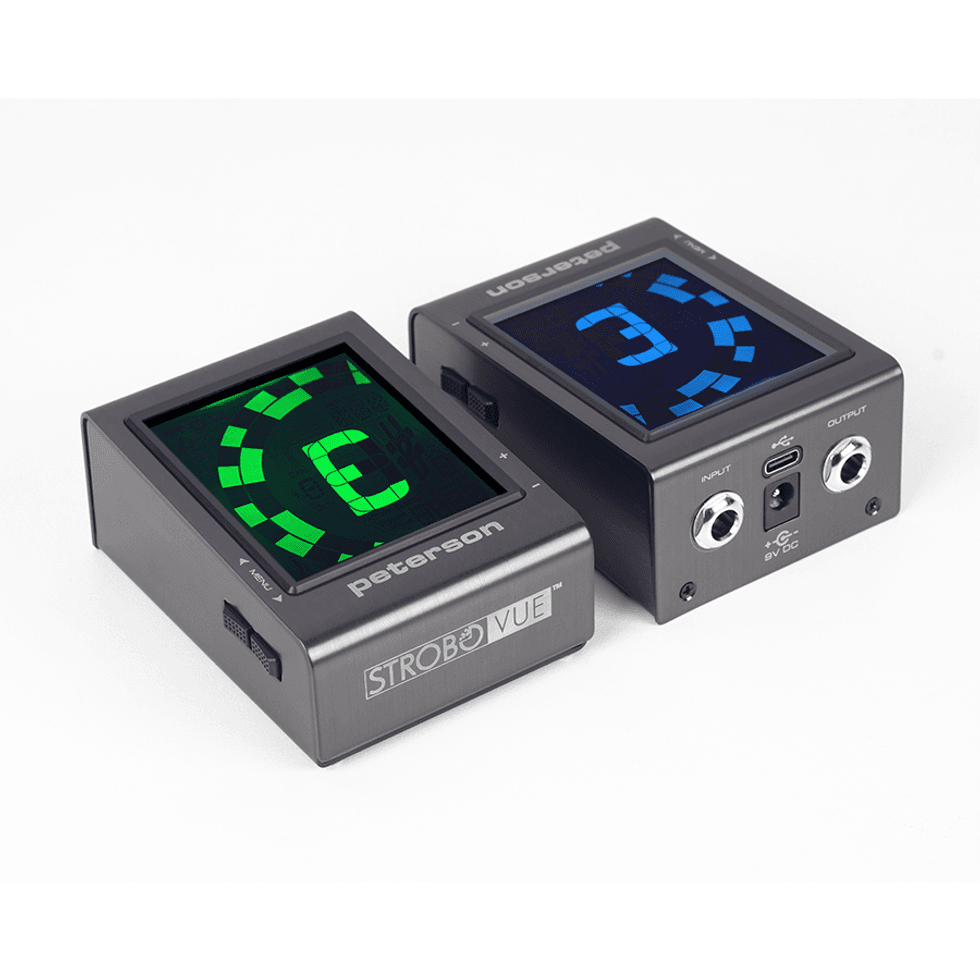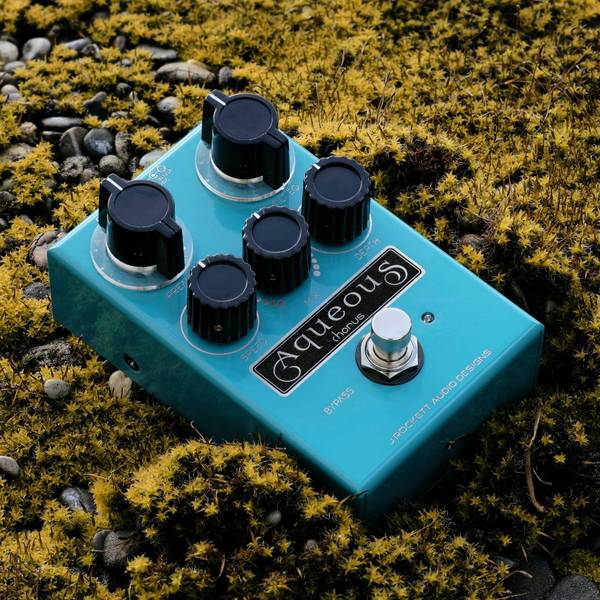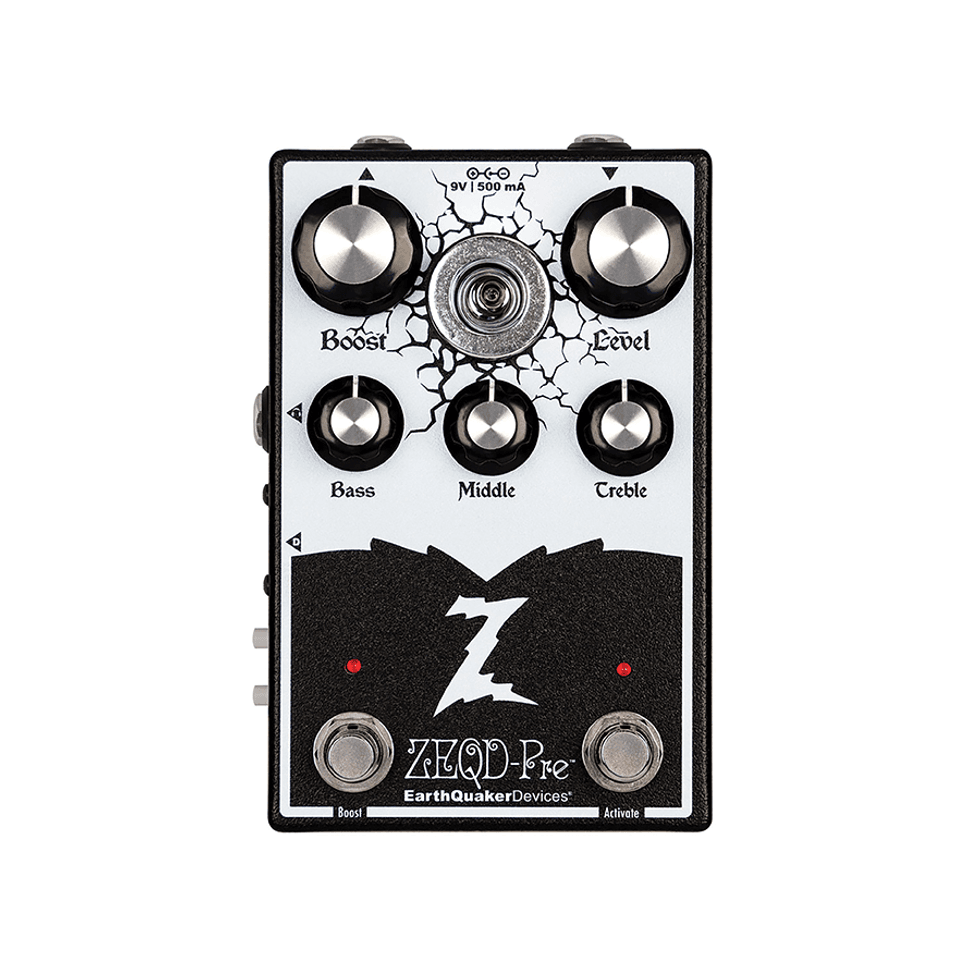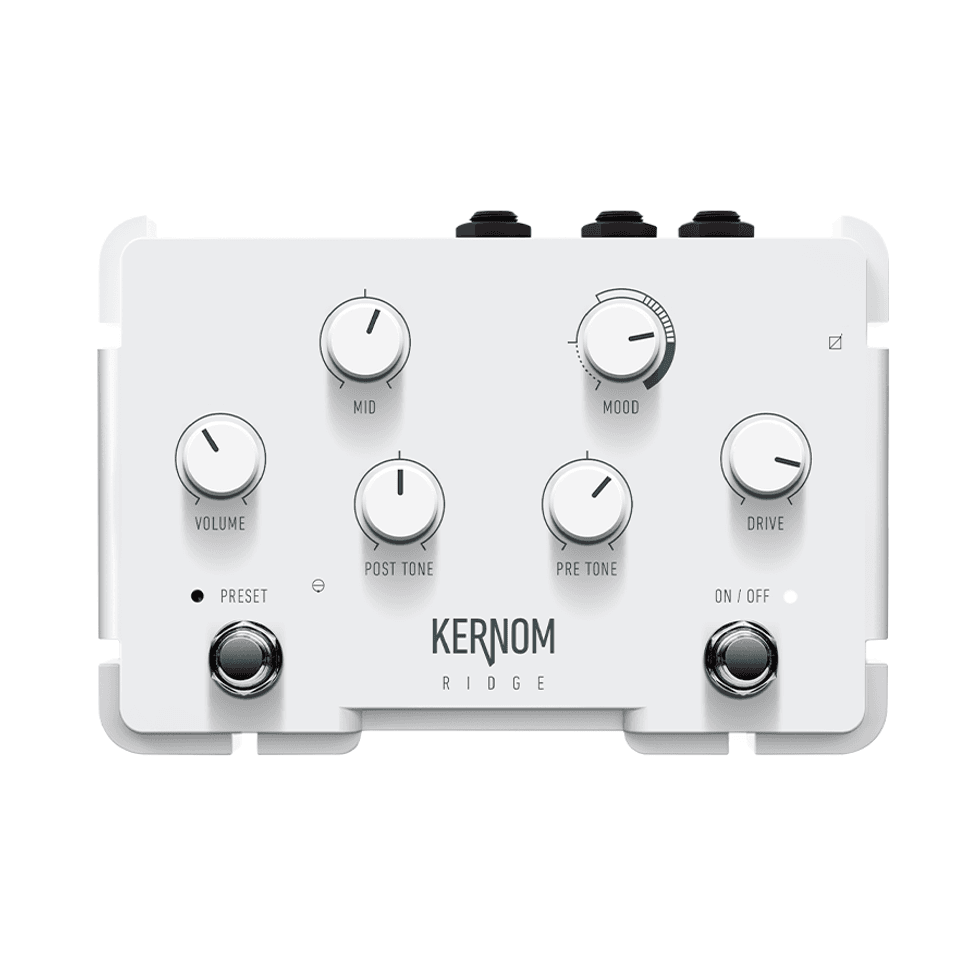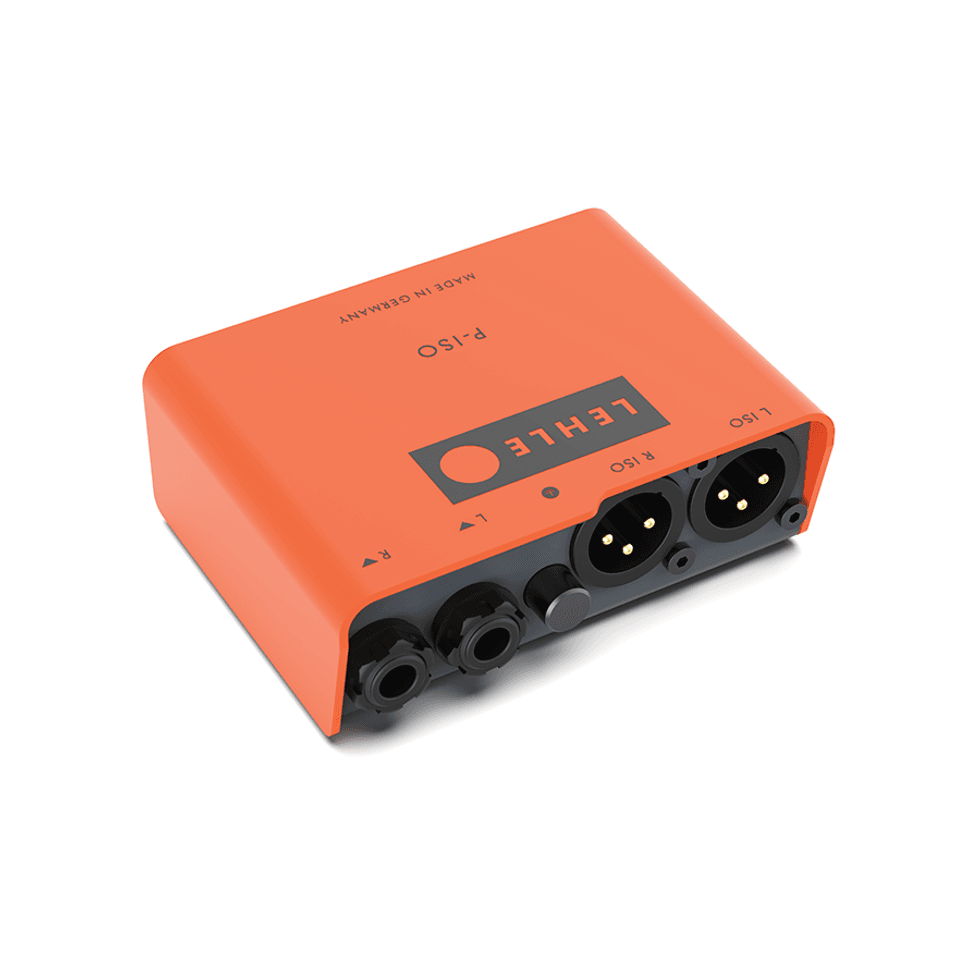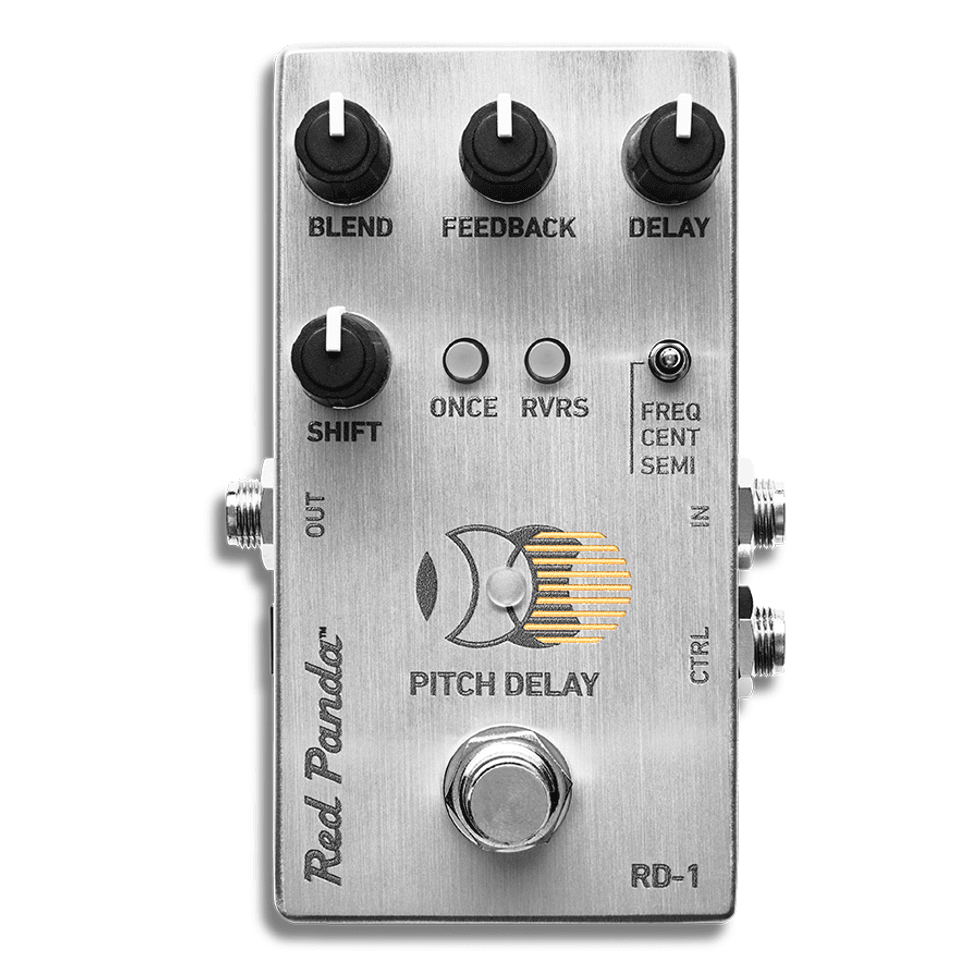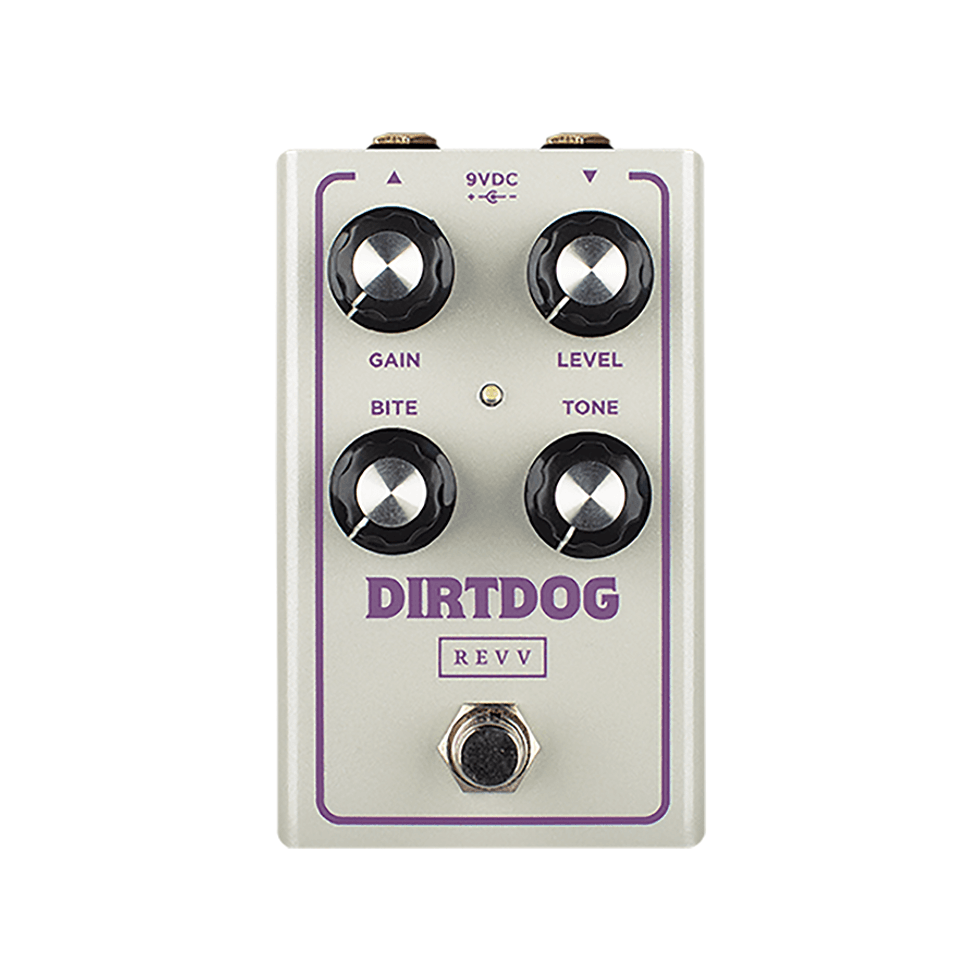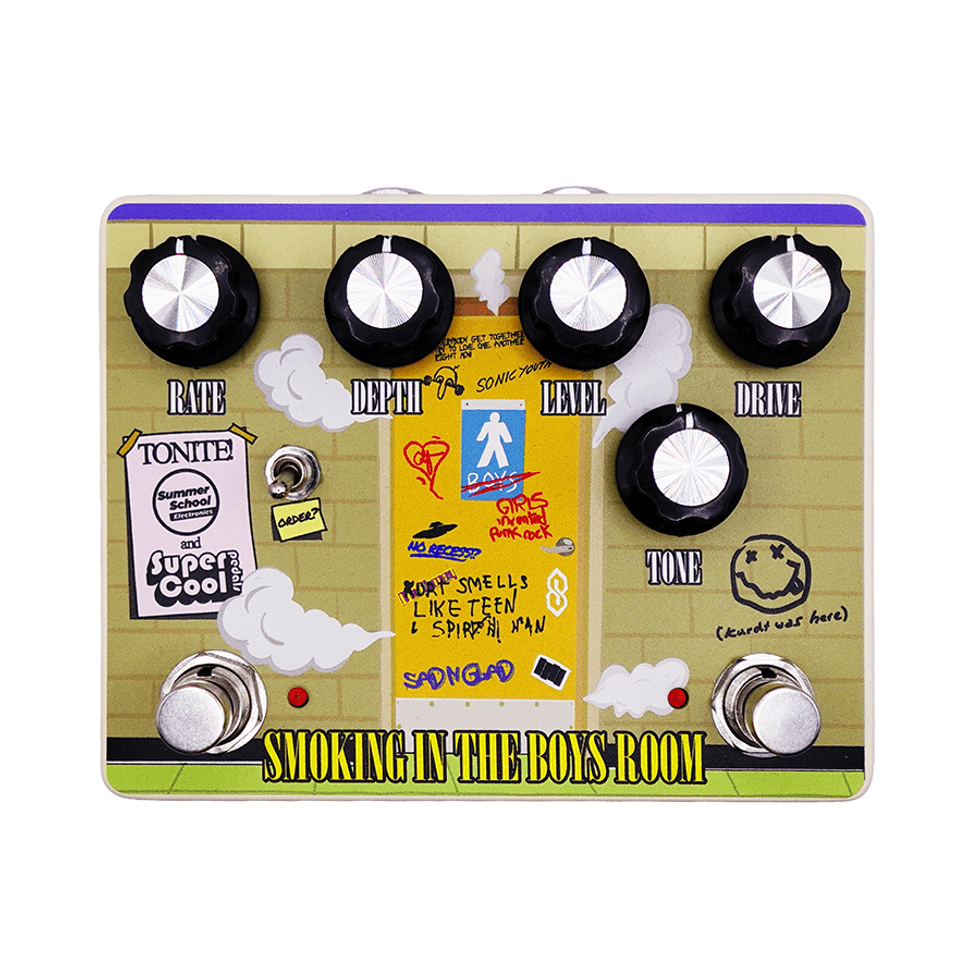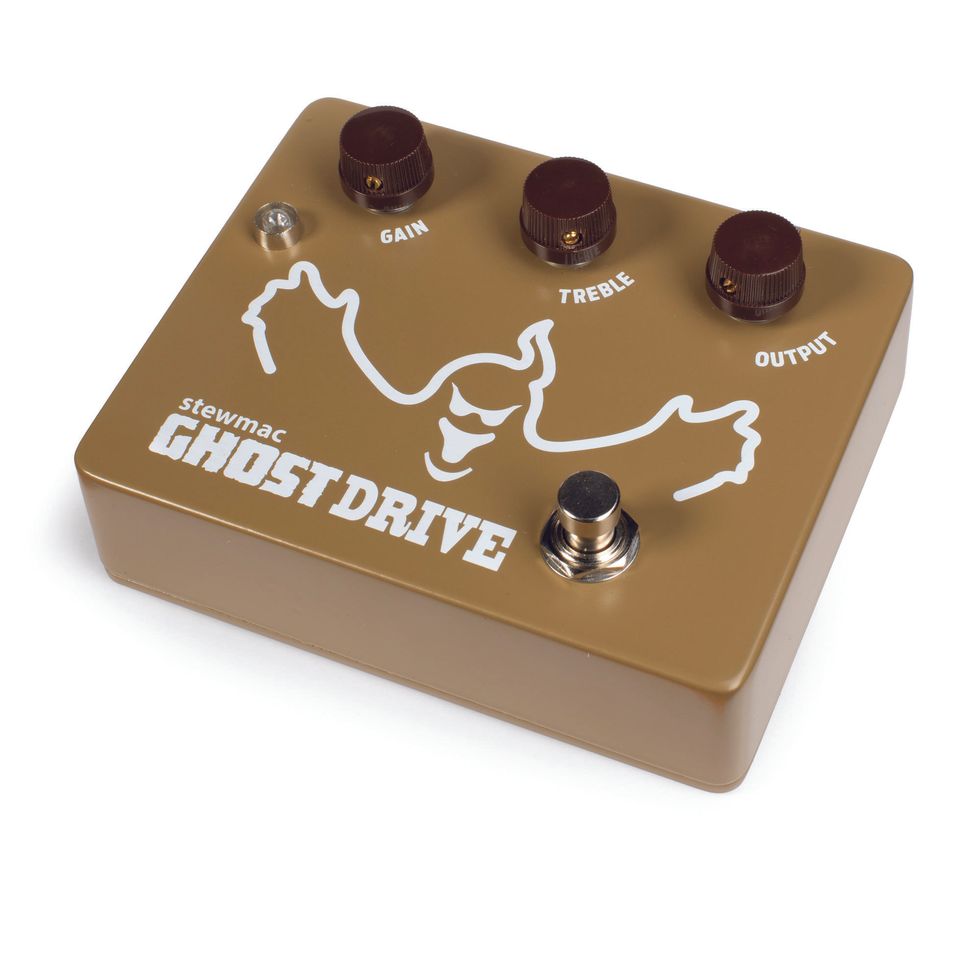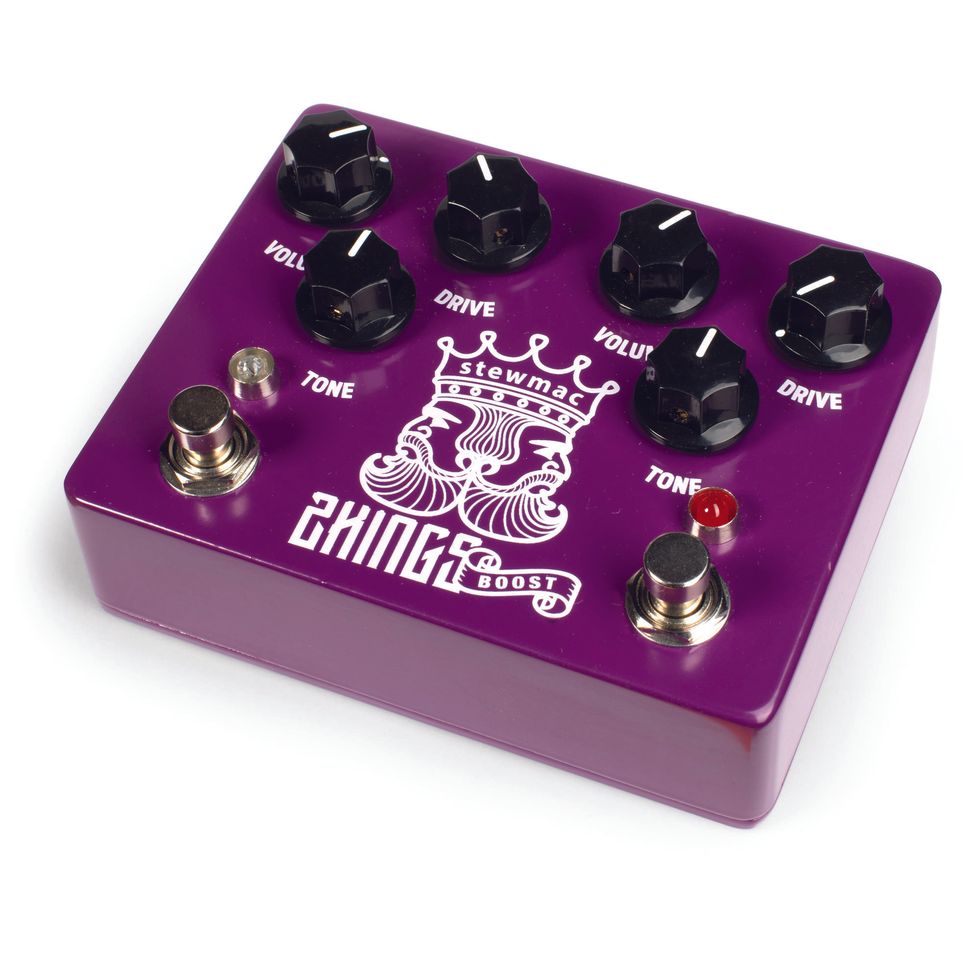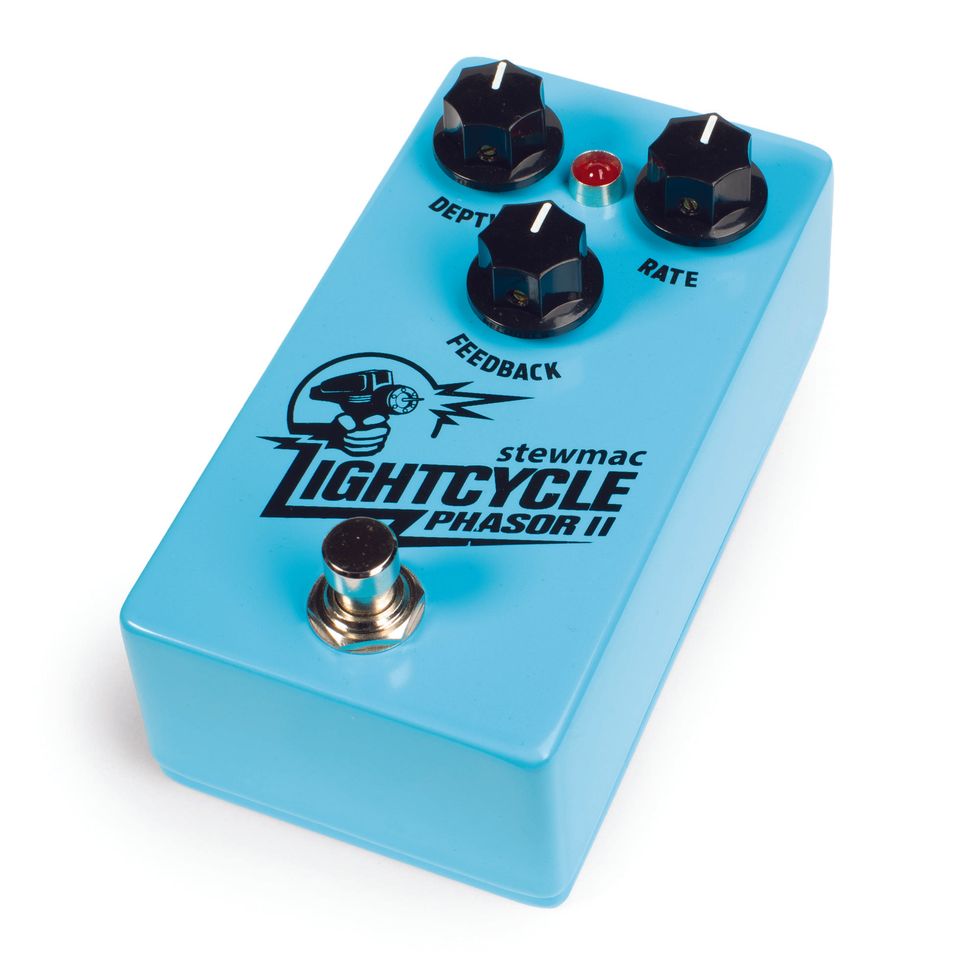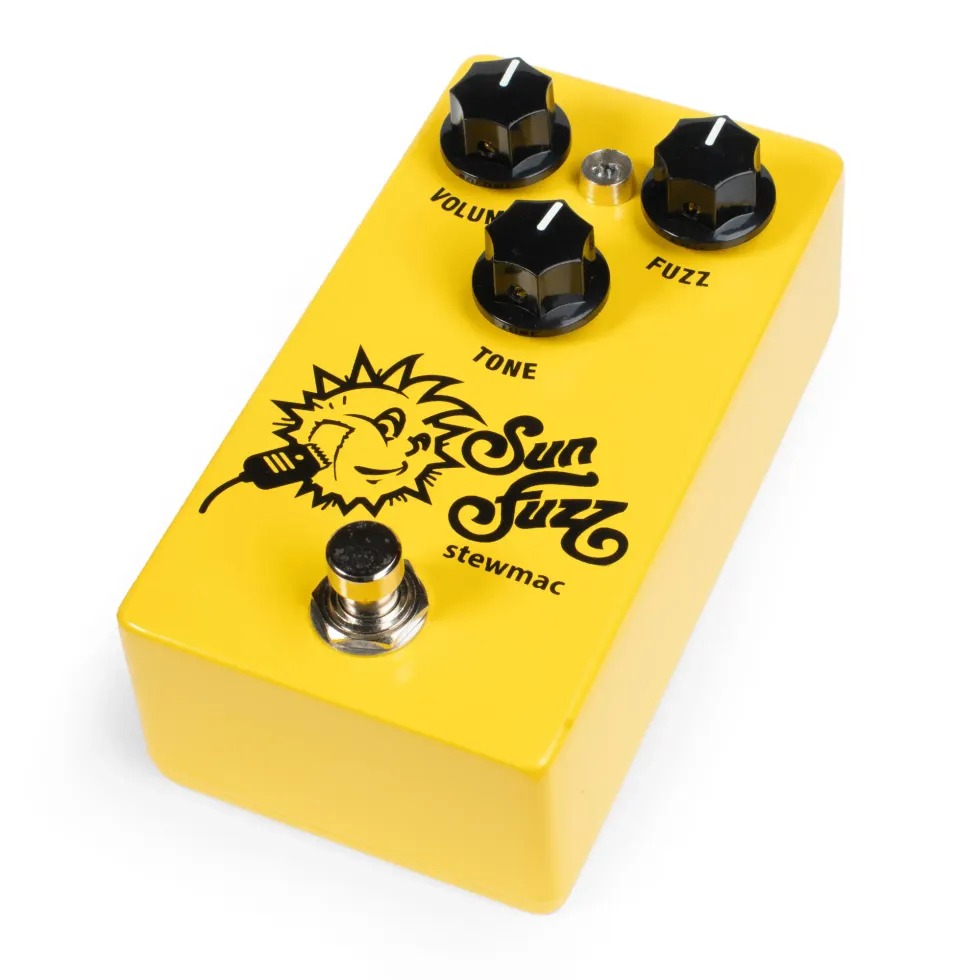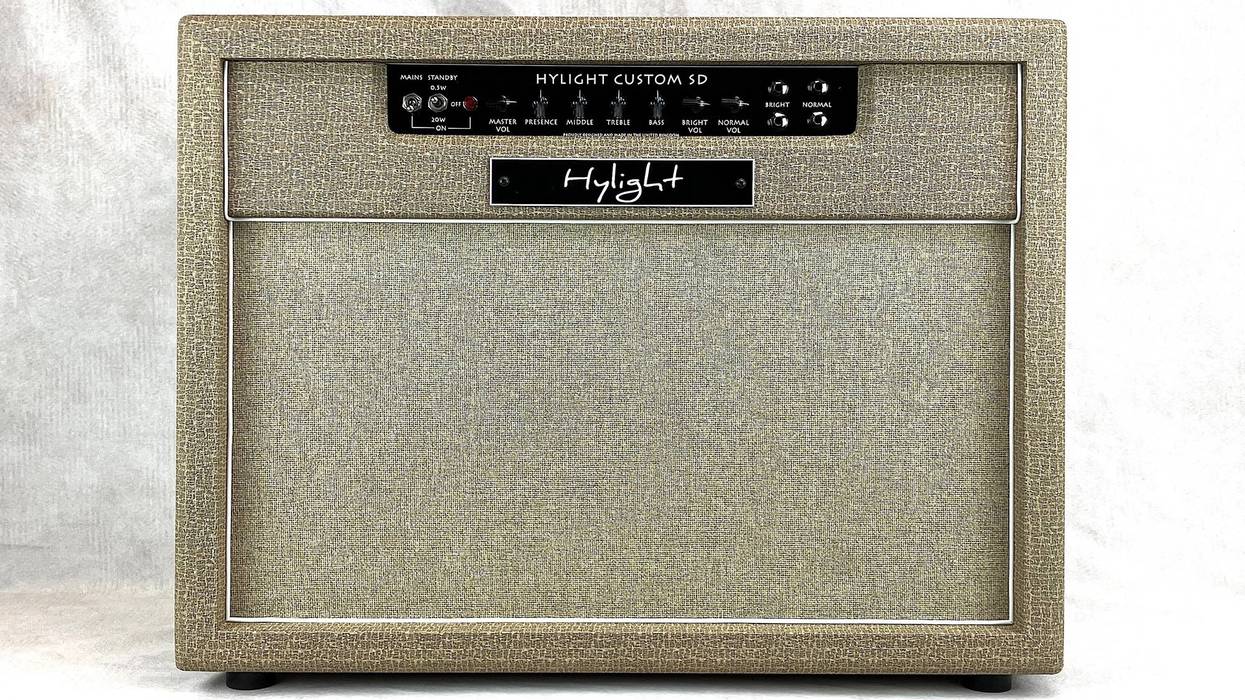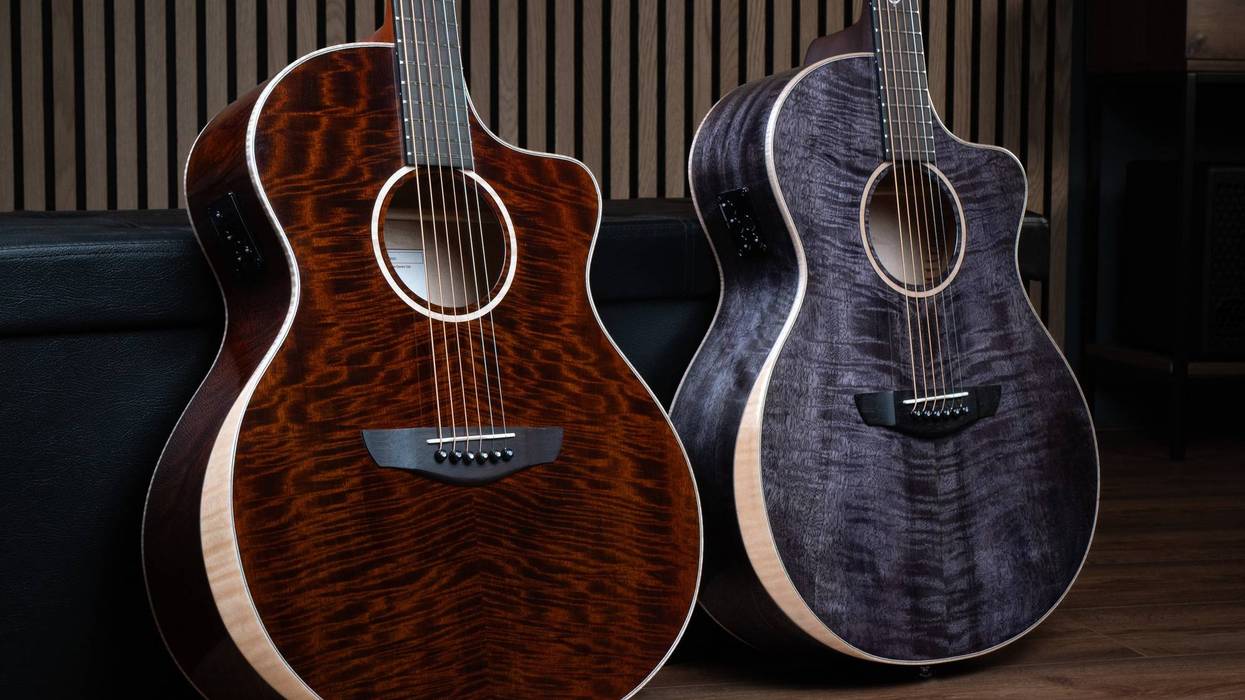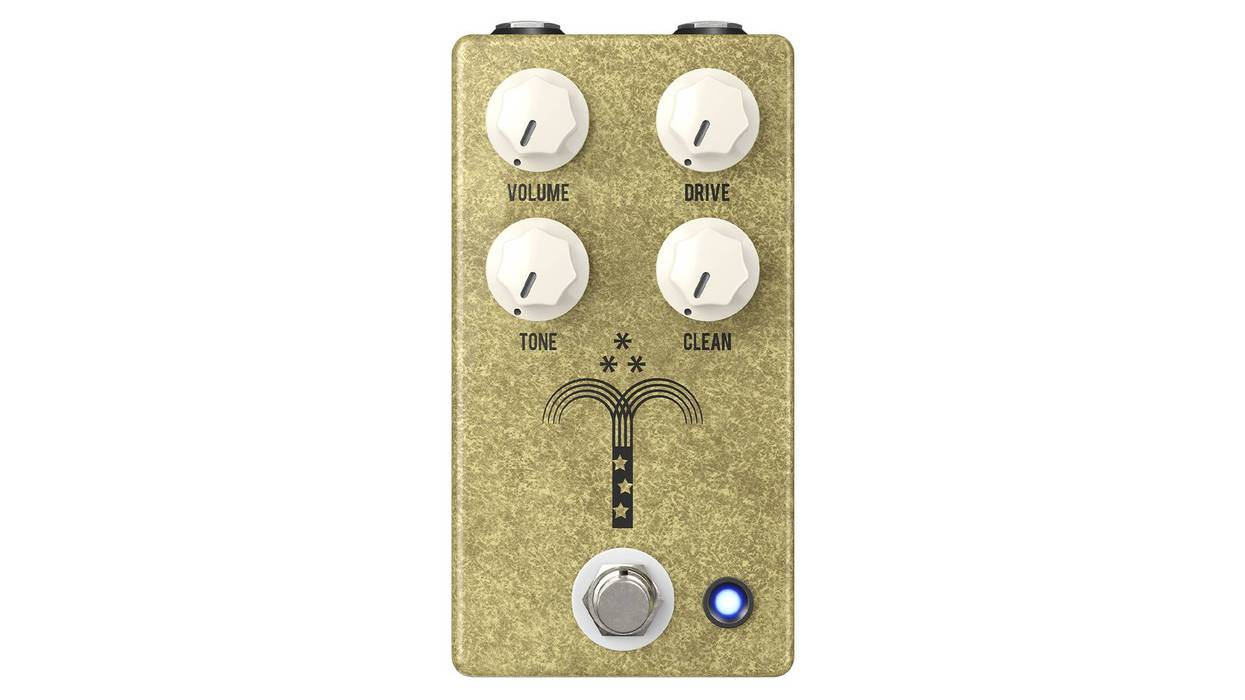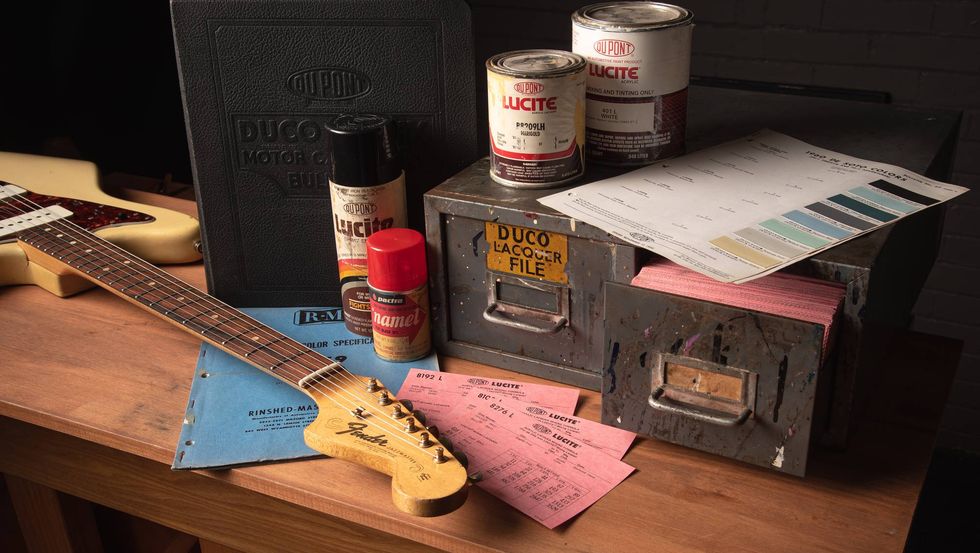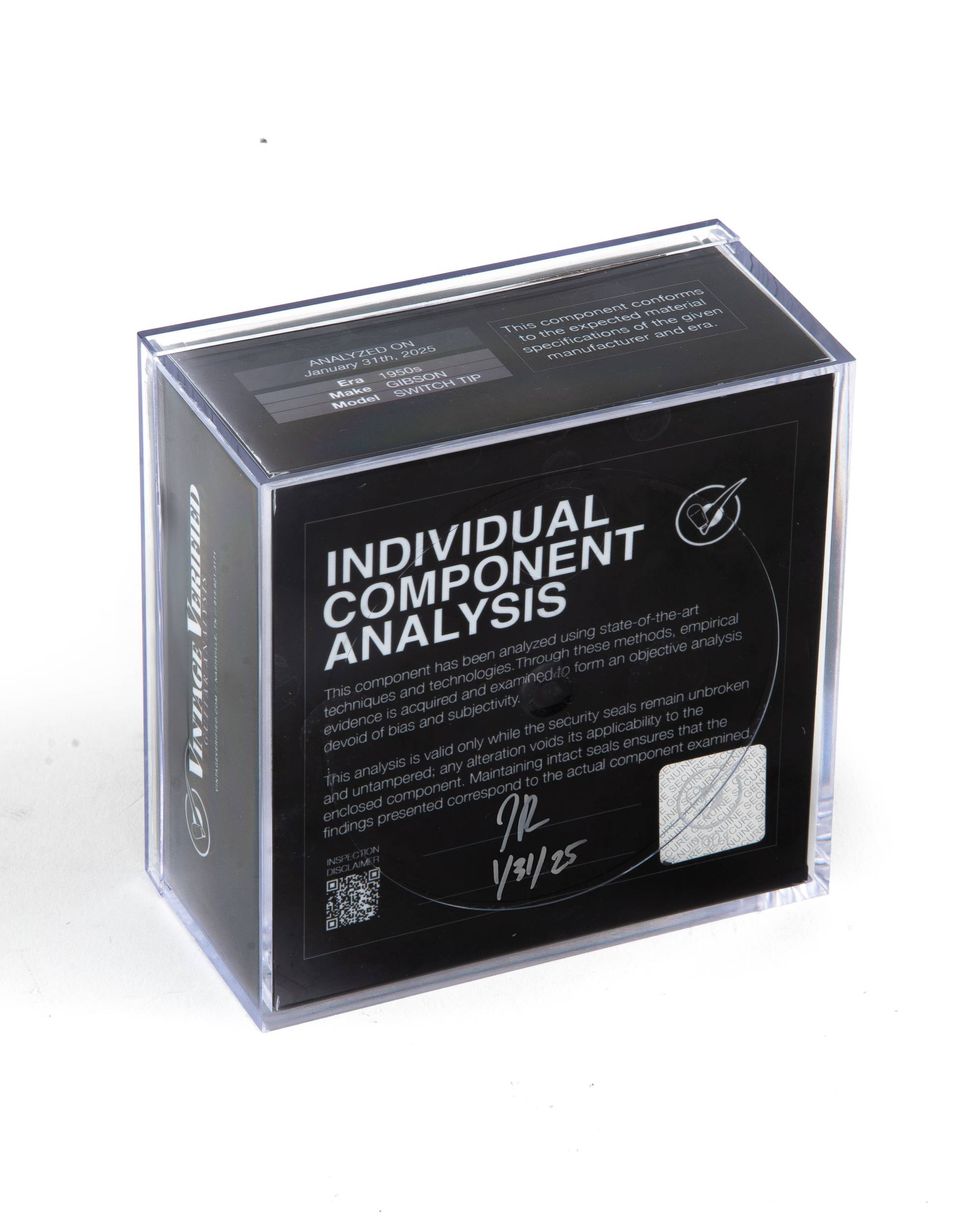RatingsPros:A very flexible, user-friendly octave fuzz with plenty of aggression and the ability to handle both single-note runs and chords. High-quality build. Cons: Not always as dramatically snarly as some old-school octave-fuzz pedals. Street: $200 Dusky Electronics Augustus duskyamp.com | Tones: Ease of Use: Build/Design: Value: |
British pedal pioneer Roger Mayer once explained to me, over pints in a London pub, how his seminal Octavia worked. Employing a visual analogy—using the large mirror on the wall behind us and the reflection of an upheld cardboard beer mat— he said: “You see two of them, but there’s still only one.” Simple, right?
The Augustus octave fuzz pedal from North Carolina maker Dusky Electronics follows Mayer’s principle for an octave effect of “folding” the input frequency into two, to create an octave-up sound at the output. Dusky uses a different circuit to achieve the same effect, but it generates a very flexible and gnarly octave fuzz that’s great for everything from emotive leads to massive, mechanical-sounding power chords and more.
Eight Legs Good
The Augustus (which is presumably named after the Roman emperor Octavian Caesar Augustus—get it?) is a pretty straight-ahead pedal. But it offers extra flexibility in the EQ structure that pays big sonic dividends. The big aluminum “heat” knob at the top-right controls gain and the and “more” knob controls output volume. The other two small, clear, plastic knobs labeled “meat” and “light” control bass and treble, respectively. Inside, the circuit features MOSFET input and output amplifiers, with a high-impedance input buffer to help the pedal perform at any position within your signal chain.
Long Division
The Augustus’ expanded EQ control capabilities (many vintage-flavored octave pedals including the Octavia have just a single tone knob, if they have any tone control at all) and wider frequency response enable the pedal to be used effectively with bass, baritone, and keyboards. But for our evaluation, I stuck with a few classic guitar recipes: a Les Paul and a Stratocaster into a Carr Super Bee 1x12 combo and a Friedman Small Box head and 2x12 cab. And I didn’t have to play for long to get a sense of its abundant creative potential and flexibility.
Many octave-fuzz pedals built on traditional circuit templates tend to freak out (though often in very cool ways) when you try to play more than a single note—or, heaven forbid, play a slow unison bend. But the Augustus happily eats up chords, bends, and dyads, spitting out aggressively effected but representative renderings of the notes that you put in. That makes it very effective for spicing up more complex leads, but it’s mean and monstrous in rhythm guitar applications, too.
Since the octave content is set, the real tone variation comes via the gain and EQ controls. The heat knob alone can take the sound from almost relatively sedate settings, where notes sing distinctly, to thick and jagged or grungy and nasty tones. In most instances, I preferred the character of the sound with heat between 10 and 2 o’clock, where the pedal issued trippy, zippery, synth-like snarl along with impressive sustain. The EQ knobs, meanwhile, provide a lot of flexibility for matching different guitars and amps, and the extra layer of control definitely sets the Dusky apart. The extra EQ power also widens the range of guitars that can be used effectively with the pedal. I find many octave pedals to be a less-than-ideal match for humbuckers, but I was particularly impressed with how Augustus handled the signal from a Les Paul, and the pairing yielded thick, beefy versions of even the freakiest sounds.
The Verdict
The Augustus is enticingly full of tone possibilities, and really grew on me the more I played it. It might not be as jaggedly surreal and extreme as some more traditional octave-fuzz designs, but it feels less chaotic, more controlled, and certainly more versatile than most. You can unleash dramatic leads just as easily as fat rhythm chords, which is no small feat for an octave pedal. And while it might seem just a touch costly for an octave fuzz, the price is very reasonable for a well-built, U.S.-made pedal that offers a genuinely enhanced take on the time-tested octave-fuzz effect.
Watch our demo of the Dusky Augustus Octave Fuzz:


